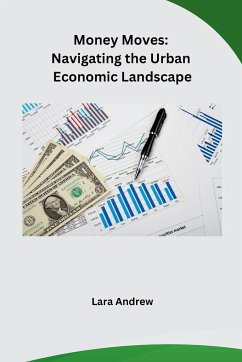Introduction to Urban EconomicsWelcome to the fascinating world of urban economics! In this subchapter, we will delve into the fundamental concepts and principles that underpin the economic environment of our cities. Whether you are a student, a professional, or simply curious about the dynamics of urban economies, this introduction will provide you with a solid foundation to navigate the urban economic landscape.Urban economics is the study of how cities function and the economic forces that shape them. Every day, millions of people interact with the urban environment, whether through work, housing, transportation, or leisure activities. Understanding the economic factors that drive these interactions is crucial to comprehending the complexities and opportunities that cities offer.One of the key aspects of urban economics is the concept of agglomeration. Cities are not just random clusters of people and buildings; they are centers of economic activity that attract individuals, firms, and industries. The agglomeration effect arises from the benefits that result from proximity and density, such as increased productivity, knowledge spillovers, and a wider range of goods and services. By understanding how agglomeration shapes urban economies, we can better grasp the dynamics of urban growth and development.Moreover, urban economics explores the role of land and real estate in cities. Land is a finite resource, and its scarcity in urban areas gives rise to unique economic phenomena, such as skyrocketing property prices and the need for efficient land-use planning. The intricate relationship between land, housing markets, and the allocation of resources is a crucial aspect of urban economics, with significant implications for both individuals and policymakers.Transportation is another vital component of urban economics. Efficient transportation systems are the lifeblood of cities, enabling the movement of goods, services, and people. The study of transportation economics provides insights into the challenges of urban mobility, congestion, and the design of sustainable transportation networks.Lastly, urban economics also encompasses the examination of urban inequality and poverty. Cities are often characterized by stark disparities in income, education, and access to opportunities. Understanding the root causes of urban inequality and devising effective policies to address these challenges are essential for creating inclusive and vibrant cities.
Bitte wählen Sie Ihr Anliegen aus.
Rechnungen
Retourenschein anfordern
Bestellstatus
Storno








